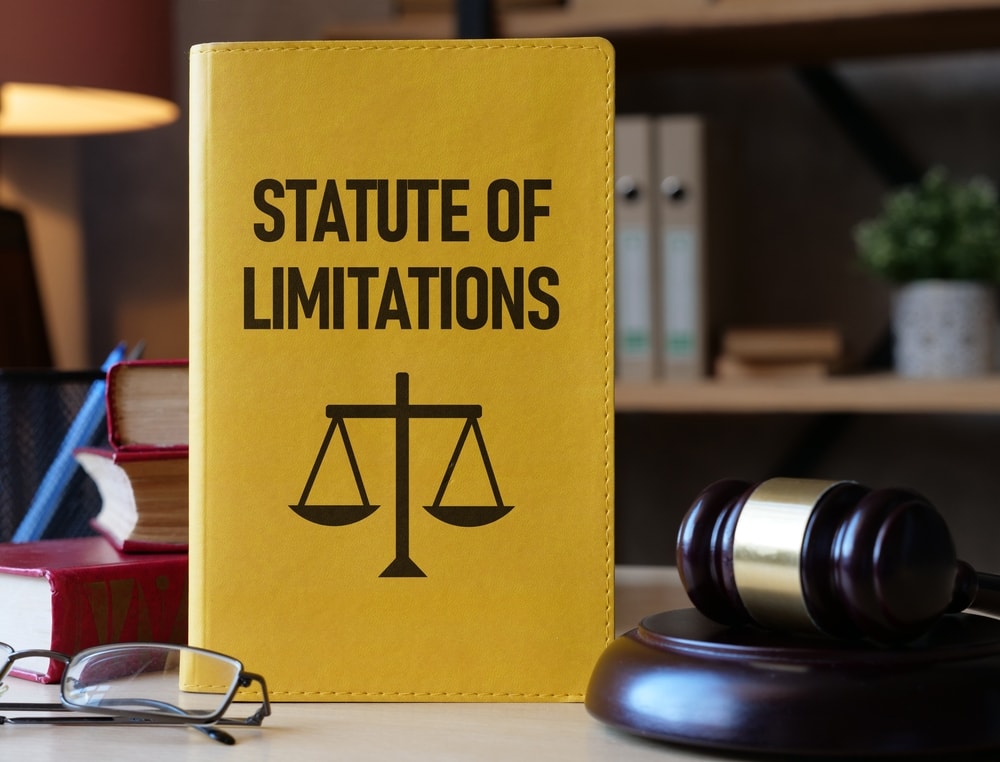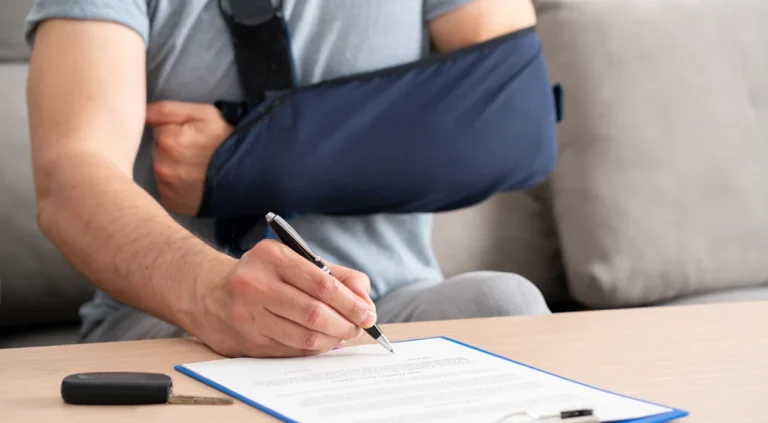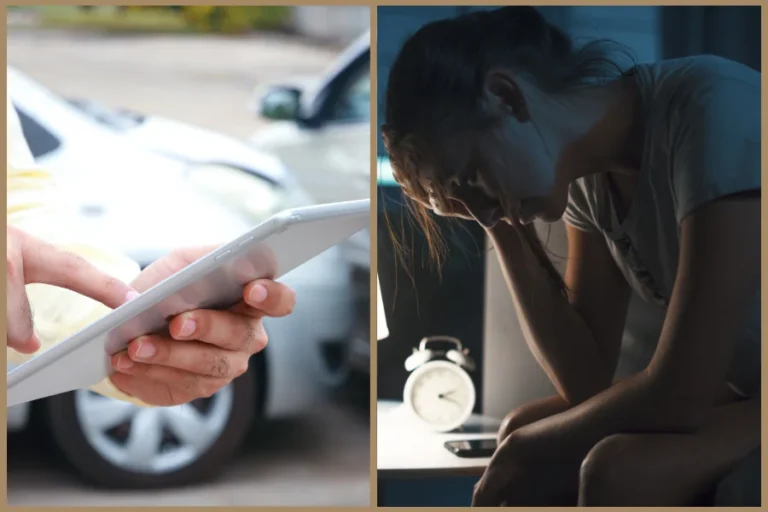In Wisconsin, as in any state, certain laws may impact a car accident case. Wisconsin auto accident laws are important for every driver to understand. Whether you have been in an accident before or not, you should familiarize yourself with the car accident laws in Wisconsin, as they could have major impacts on your future.
In this blog post, Pemberton Personal Injury Law Firm’s car accident lawyers explain how Wisconsin car crash regulations could affect car accident claims.
Understanding Wisconsin Laws Related to Auto Accidents
When Wisconsin car accidents happen, the following five laws could have an effect on your claim and any legal action you take under personal injury law.
1. Reporting Car Accident Injuries
After a car accident in Wisconsin, the law under Wisconsin Statute 346.70 requires you to call the police immediately in certain circumstances. If a person, deer, or other animal in the accident is injured or succumbs to their injuries on the scene, the police need to be your first call. Additionally, if any vehicle is rendered disabled in a car accident and needs to be towed, $1,000 or more in damage to a person’s property or $200 or more in damage to government property occurs in auto accidents, law enforcement needs to be notified at once.
In some cases, officers may not be able to respond to issue a police report on the scene. This doesn’t mean you should not report the incident. You will need to take the initiative and file a driver report of the accident in no more than 10 days following the crash. Always err on the side of caution and report an accident to police and file the driver report if necessary; otherwise, you may have your license suspended.
2. Auto Insurance Requirements
Under Wisconsin Statute 344.62, every driver must have car insurance and be able to show proof of it, with the name of the insurance company and policy number on the car. Insurance should be kept in a policy that provides at least $25,000 in liability coverage to be compliant with state laws.
You are not required to have a larger policy, but it is strongly advised. When car accidents occur, if you are at fault and the damages exceed your policy limits, you could face a lawsuit for the remaining damages.
3. Comparative Negligence
Comparative negligence is another law you should know because it is used for determining fault. In some accidents, it’s crystal clear who caused it. For example, if you were stopped at a red light and the car behind you barrelled into yours, it would be 100% their fault.
Under Wisconsin car accident laws § 895.045, comparative negligence addresses the issue of shared fault. The state follows modified comparative negligence, which allows you to be up to 50% at fault and still seek damages for your injuries and financial losses. The other driver needs to be at least 50% at fault in these situations.
When considering liability, insurance companies, as well as judges and juries, will check if you drove with reasonable care. The evidence presented will determine if a person was driving recklessly, engaging in distracted driving, speeding, or doing something else that compromised the safety of others on the road.
A percentage will be assigned to your level of fault, and that percentage will be subtracted from your awarded compensation. For example, if you were driving through an intersection while the light was green, but another vehicle ran the red light and caused a car accident, you may not be partially to blame. However, if you were going above the speed limit, you may also be considered an at-fault driver. Perhaps 10% of the fault will be assigned to you, and if you have severe injuries that require compensation of $80,000, then your award will be reduced by $8,000, leaving you to collect $72,000.

4. Statute of Limitations for Car Accident Cases
In Wisconsin car accidents, the time you have to recover damages for medical bills, lost wages, and other financial impacts is limited. After a car accident in Wisconsin, you must decide if you will engage in the legal process against the other driver before the statute of limitations runs out. The state statute 893.54 allows up to three years from the date of the accident.
This is different from filing a claim with the other driver’s insurer, which should be done promptly. Even though you will have three years to take legal action for what happened at the accident scene, it is best to put the case into motion as soon as possible. Key evidence that can prove the other driver was at fault may fade, making it harder to get compensation. If you have life-altering injuries, you do not want to miss your chance to file a personal injury lawsuit to recover money for medical expenses and other losses. Make sure you contact a personal injury lawyer to help you gather evidence and protect your legal rights.
5. State Fault Laws
As a fault state, Wisconsin holds the driver who caused the accident responsible for paying damages. By contrast, a no-fault state requires each person to file their claim with their own insurance company. No-fault states speed up the process, though they only allow you to sue if you’ve suffered injuries that are defined as severe.
Common Pitfalls in Car Accident Claims and How to Avoid Them
By far, the biggest pitfall in claims for injured parties is not having the evidence to prove what happened. Drivers could face liability when they didn’t do anything to cause the crash. Some may even assume they’re fine and not seek medical care immediately, making the insurer question the validity of their injuries.
For all these common issues after car crashes, it is essential to work with an attorney. Attorneys who represent the injured party can be instrumental in proving how the accident happened and helping victims get the financial recovery they deserve.





